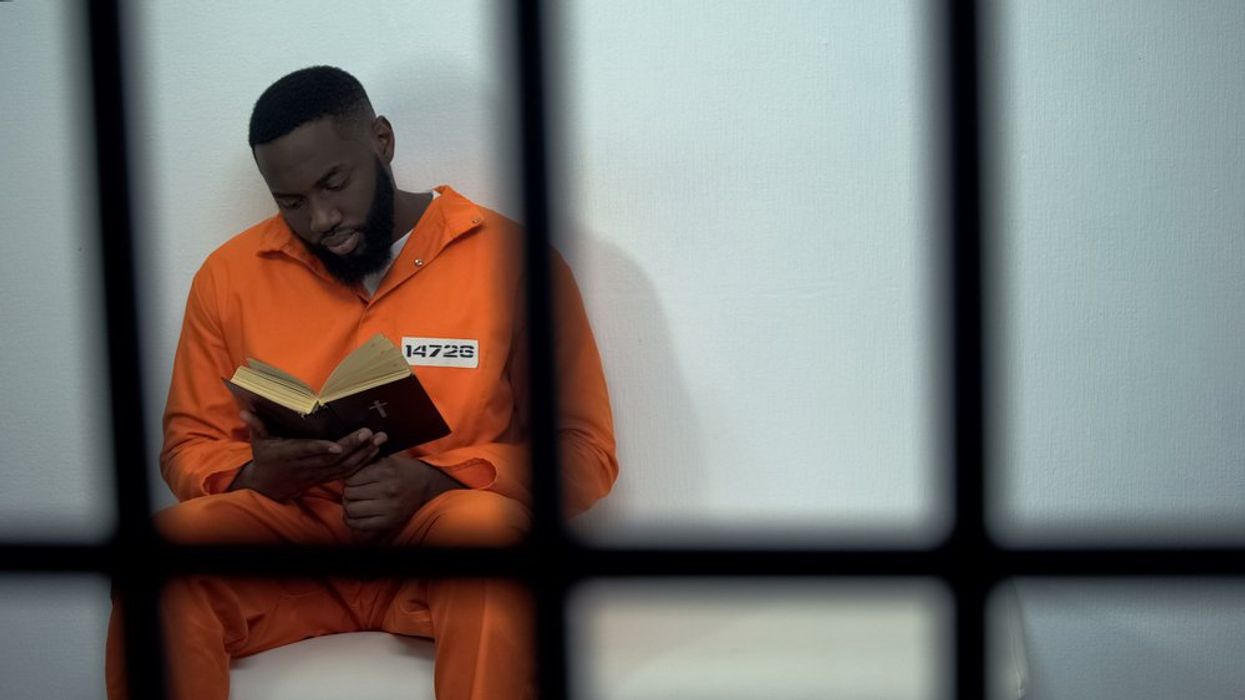New York has quietly prevented state inmates from profiting off of their artwork and writing.
The new policy from the Department of Corrections and Community Supervision prohibits inmates in state prisons from receiving compensation for creative work that isn't explicitly approved by prison officials. The approval process can take months, and broadly limits what subjects prisoners can touch on.
Inmates are not allowed to mention the crimes they are imprisoned for, severely limiting autobiographical or therapeutic reflective pieces. They are also not allowed to discuss life in prison or portray the DOCCS in a way that could “jeopardize safety or security.”
Other restrictions allow officials to block pieces that “promote sexual activity,” depict “unauthorized group activity,” “advocate rebellion against government authority,” or appear as if they were “written in code.”
While inmates are allowed to hold onto their work as personal items even if they are not approved for publishing, the guidelines around what constitutes inappropriate material for publishing heavily overlap with what “will be considered contraband.”
The policy was first reported by New York Focus, a nonprofit investigative newsroom, who noted that the policy was not publicly published on the DOCCS website until they had reached out to question officials over it.
The policies apply to “all creative art projects,” including work for a nonprofit “community agency.” When NYF asked if the rules apply to journalism — newspaper and magazine publications — DOCCS reportedly did not clarify, citing an already existing order that prohibits “mail order or other business.”
One inmate interviewed by NYF, John J. Lennon, expressed how “writing has changed my life." Lennon was incarcerated at the age of 24, and has since written pieces for both The New York Times and The Washington Post. He said that he has "been able to grapple on the page with a lot of things," which has helped guide his rehabilitation process.
“I’ve worked through what I did — murder a man — on the page,” he said. “In the absence of any restorative justice programming offered by corrections, that would help foster a dialogue between us and our victims, writing was the only opportunity for me to reflect on it at all.”
Lennon added: “This is going to make prison a black box."



















































